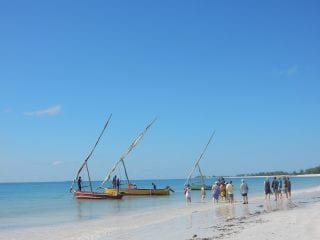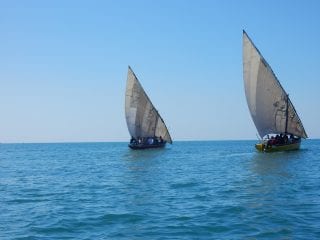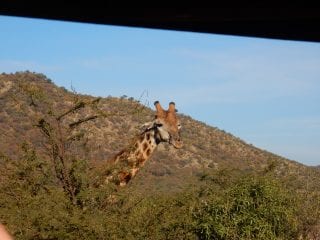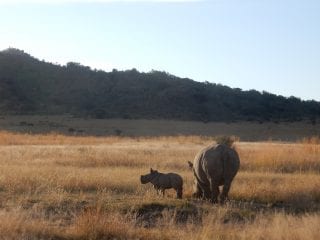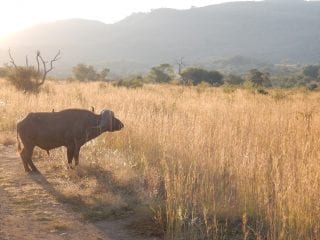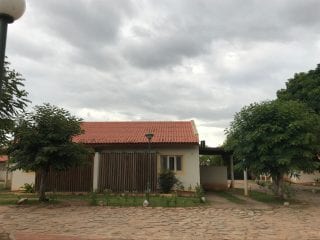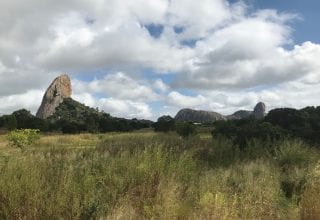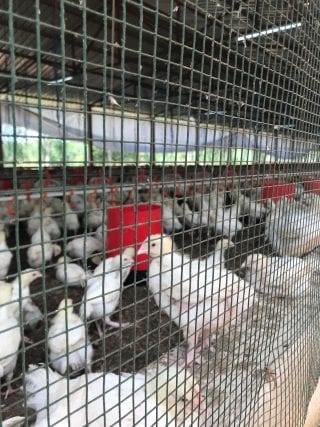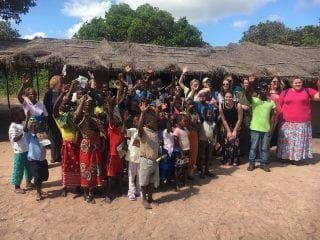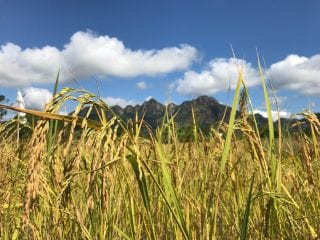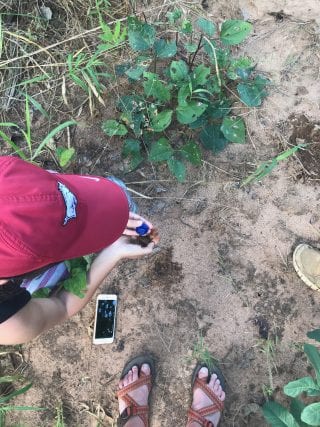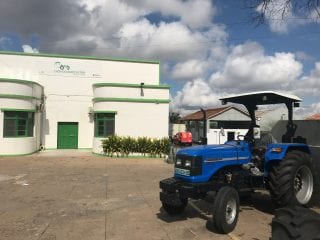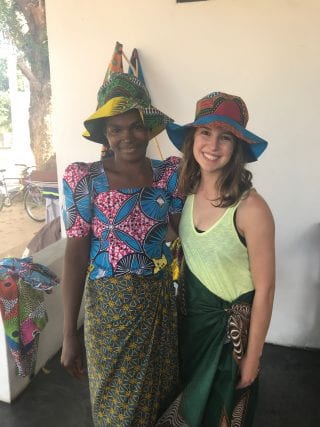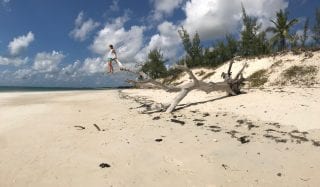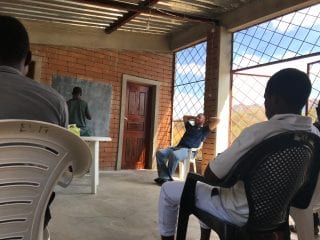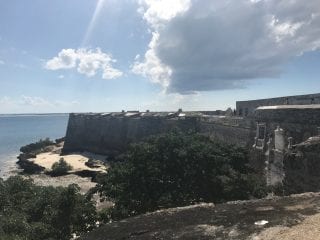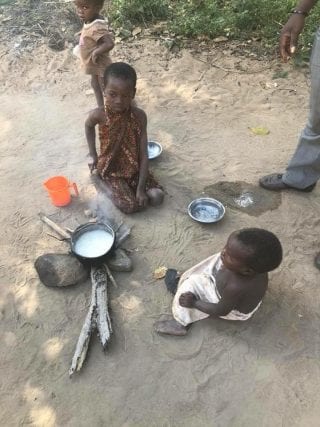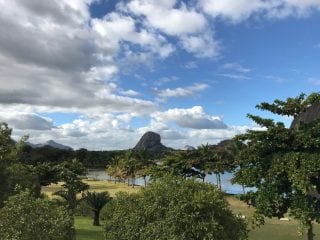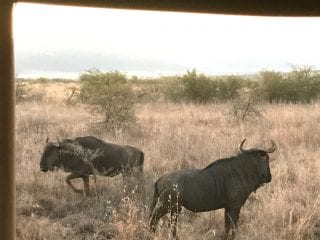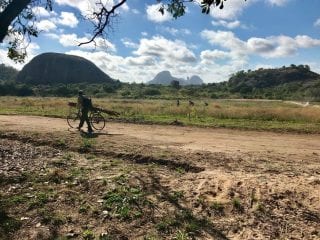I am a dreamer and a go-getter. I am also a nutrition major at the University of Arkansas, and an Arkansan since birth. It’s always been my wish to take my degree and apply it to a region where hunger is more obvious, more pressing of an issue than in my own country. With this passion steadily welling up in my bones, I knew it’d be wise to first see if I even had what it takes to be a foreigner abroad in some of the world’s most impoverished—and hungry—regions. Therefore, I chose to study abroad with the Community Development Team lead by Dr. Lanier Nalley and Dr. Amy Farmer in Nampula, Mozambique.
Mozambique is one of the poorest African countries where hunger swarms like the mosquitoes in the African bush-lands. Here, I was able to spend a month observing the diet and culture with my teammates, a fellow nutrition student and a crop science student. Together with developed a year-round garden model to supplement the diet of locals we worked with. Before the trip, our professors warned us that we would all face inevitable failure. Yet, our project was a success. Now, please don’t think that what follows is a “how-to-be-a-success-in-Africa-like-me” post. The success of our project lies not in our efforts, but in the continued work of the long-term foreigners living in Nampula. They are the ones in whom locals have placed their trust and are willing to learn from. We, as strangers have little influence over the gardening methods that have been a tradition long before we ever stepped foot on their soil. So it is through our collaboration with foreign-locals and their continuation and implementation of our project that reaped success.
As for me, I failed. I thought the trip was going to be a piece of cake, a check off the list of things to do before I moved to the continent of Africa myself to feed the hungry and “save the world.” Two packs of Pepto and a couple Immodiums in I was awakened by the harsh reality that community development, hunger relief, mission work, whatever you want to call it is no piece of cake. In fact, in light of this metaphor it was a straight up plate of raw broccoli. Life in Mozambique is hard. Period. Whether you are native to the land or not, the work is strenuous, the water is dirty, and don’t even get me started on the wifi connection. Now, another thing that this post isn’t, is a file of complaints. In fact, once you embrace these things and really press into the culture and community, the large disturbances become minor inconveniences, something you might just grow fond of if you’re there long enough. What I am trying to get across is that the environment in a developing country is not on your side, it is not cushy or stable or predictable like it is in the United States. I failed in thinking that I, a privileged person for the United States alone, could ever make it in insert-third-world-country by my own will or simply because “I wanted to.” I learned that to dedicate your life to a field like this takes sacrificing everything you hold dear. It takes faith, and while this was not a faith based trip every. single. foreigner. that left the comfort of their home to settle deep in the Mozambican community claimed their reason for being there was faith, an answer to the call of God. As a Christian myself, I was brought to the humbling realization that that too would be the only thing that could ever take me to and sustain me in any community development position as a professional.
Before this trip I valued my health the most out of anything. That was challenged after two serious cases of Traveler’s Illness (look it up), but what really challenged me was the story of a man named Wilfred who had spent 15 years in Mozambique serving the community while simultaneously battling constant cases of malaria and other illnesses. This man set his health aside for the sake of others. Their wellbeing was more valuable to him than his own. Wilfred embodies sacrifice, faithfulness, and selflessness. I failed in thinking I was anywhere close in character to someone like him. Yet now I know that to be successful in this area means having faith and humility far more than having skill and will.
So my advice to future students, no matter where you go, would be to consider what is most valuable to you. If you were to move away, would you still have that most valuable thing? Your bed? Your dog? Your health? Healthcare? Community? Faith? If your answer is no, ask yourself what is so valuable about this thing and why does it only exist here? If your answer is yes, good! What you treasure is everlasting, eternal; it is what will sustain you no matter where you go.

